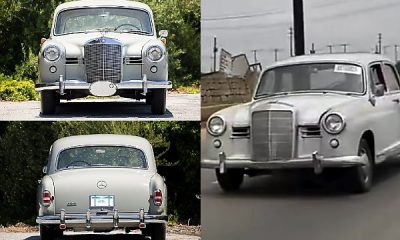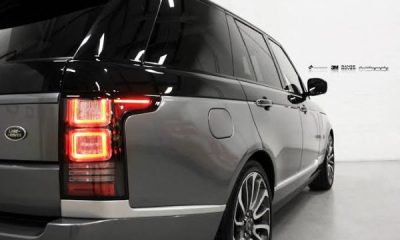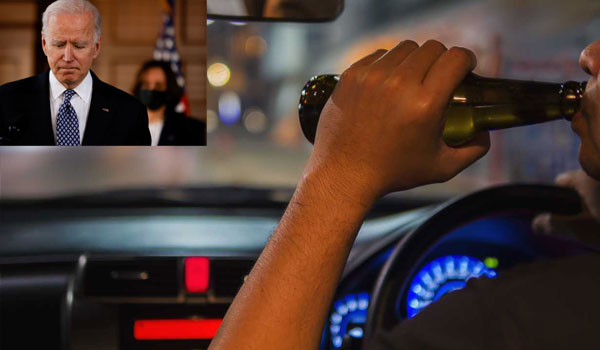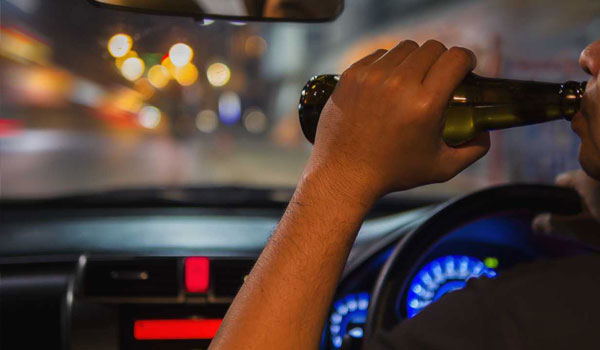News
President Biden Signs Law That Will Require Cars To Detect Drunk Drivers
-

 News1 week ago
News1 week agoClassic 1950s Mercedes-Benz 180 ‘Ponton’ Spotted Cruising Majestically On The Nigerian Road
-

 News1 week ago
News1 week agoToyota Motor Corporation (TMC) Announces April Through June 2025 Financial Results
-

 News5 days ago
News5 days agoNow Restored : Cristiano Ronaldo Seen Driving His $2.2M Bugatti Veyron, Three Years After Crash
-

 News1 week ago
News1 week agoOPM Founder Takes Delivery Of Electric Vintage Car And A Golf Cart Gifted By His Chinese Partners
-

 News1 week ago
News1 week agoNigeria Police Extends Grace Period For Enforcement Of Tinted Glass Permit To October 2nd 2025
-

 News3 days ago
News3 days agoChina’s GWM Begins Production At Its New Brazilian Factory Formerly Owned By Mercedes-Benz
-

 News1 week ago
News1 week agoXiaomi Employs BMW’s EV Creative Mind
-

 News1 week ago
News1 week agoIbom Air, Kwam 1 Incidents : FAAN Vows Tough Sanctions Against Unruly Passengers At Nigerian Airports



